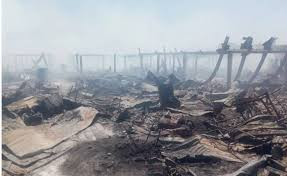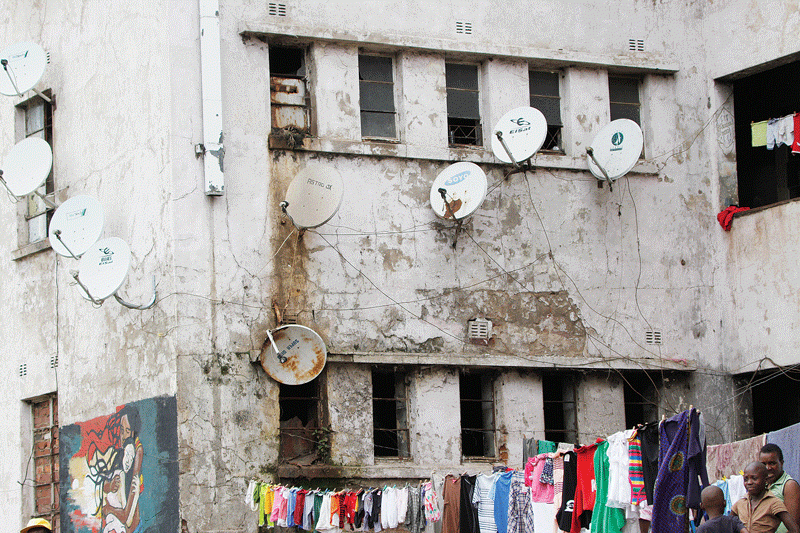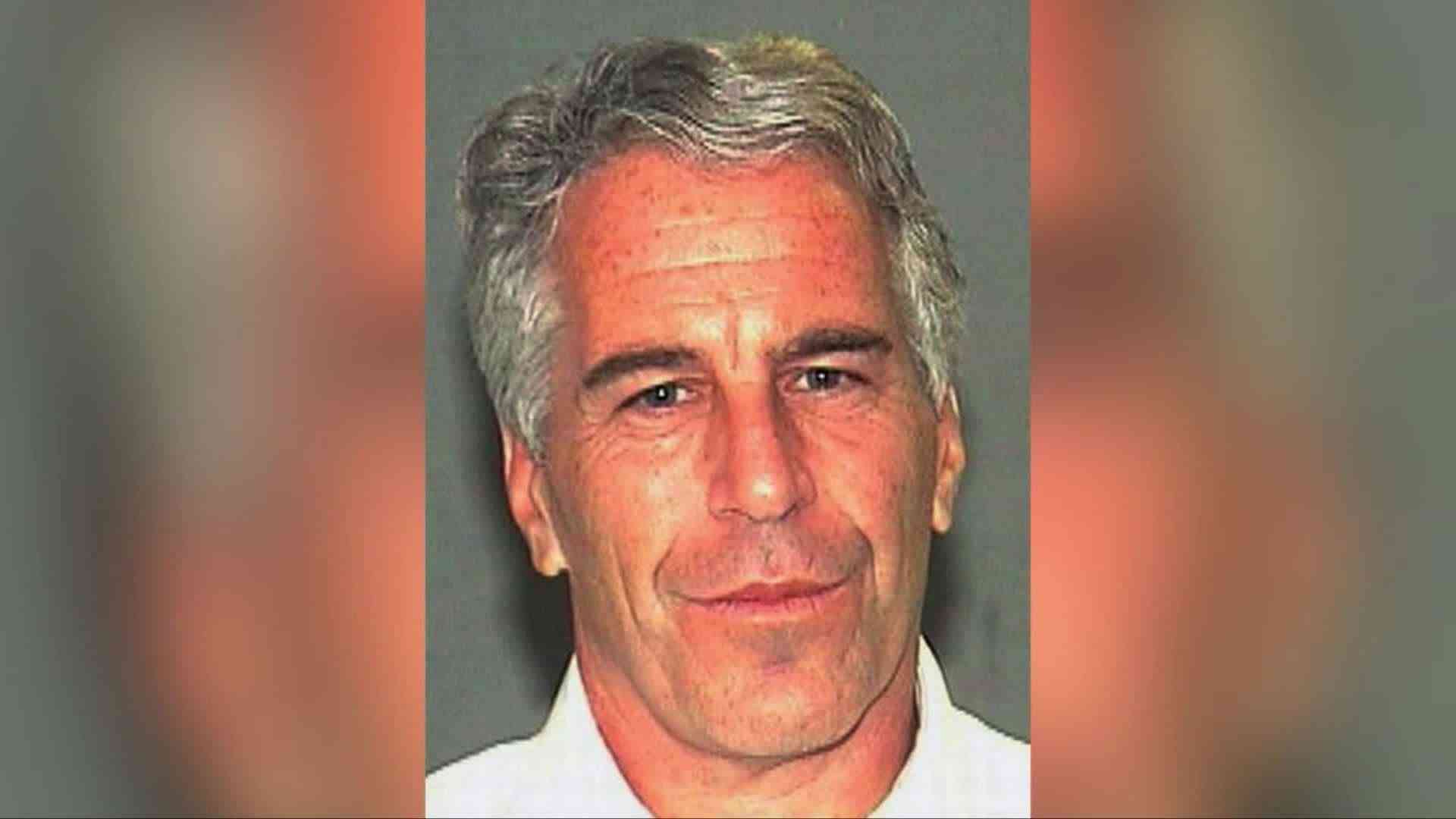
In the early hours of May 16, another catastrophic fire broke out in the Magaba area of Mbare, engulfing the stalls of numerous small and medium enterprise (SME) traders.
The blaze left behind a scene of charred remains, but more profoundly, it left a community in anguish as small business owners faced the heart-breaking loss of their livelihood.
Events such as these are not isolated incidents; they are symptoms of a deeper issue that plagues informal trading spaces throughout Harare.
The recent fire in Mbare reaffirms the urgent need for the Harare City Council to take action to prevent further tragedies and ensure the safety and security of informal traders.
The Magaba fire is only one example in a series of unfortunate incidents that have recently beset informal trading areas across the city.
Just months ago, traders in Glenview Area 8 faced a similar fate when a fire swept through their complex, devastating businesses and causing considerable financial losses.
Yet, as these tragedies occur, one cannot help but question the preparedness of the Harare City Council and their commitment to preventing such disasters from recurring.
It is comparable to a ship sailing aimlessly without a compass; a fundamental lack of planning and foresight continues to put livelihoods at risk.
- Harare cancels Pomona waste deal
- Devolution gains remain a mirage
- Harare cancels Pomona waste deal
- Pomona saga: Harare handed shock US$750k ‘garbage’ bill
Keep Reading
The United Nations’ International Labour Organisation (ILO) underscores the importance of decent working conditions for informal economy workers.
This includes adequate safety measures and risk management strategies not only related to fire hazards but also addressing the broader context of health and safety standards.
Informal traders, who contribute significantly to the economy, often operate in high-risk environments devoid of adequate infrastructure and resources.
The risks they face demand immediate attention and, more crucially, action from the City Council.
With the recent tragedies, it is imperative for the Harare City Council to acknowledge and address the ongoing fire risks in informal trading areas once and for all.
The council’s failure to implement preventative measures not only jeopardises the safety of traders and their customers but also reflects poorly on the efficacy of local governance.
The liability for these incidents does not rest solely on those who work in these informal sectors; it is a shared responsibility that falls on the shoulders of the local authorities tasked with ensuring their safety and wellbeing.
To shine a light on an urgent avenue for intervention, we must call for the city council to craft a comprehensive fire safety policy aimed specifically at informal trading areas.
This policy should encompass the installation of sufficient fire hydrants, a regular schedule for safety inspections, and clearly marked emergency exits in markets or complexes where traders congregate.
Furthermore, fire safety education must be a core component of this policy, empowering traders to recognize fire hazards, understand the use of fire extinguishers, and know the correct emergency procedures.
Moreover, the Harare City Council has a responsibility to budget for health and safety capacity building for informal economy workers. This could include workshops, training sessions, and the provision of safety equipment like fire extinguishers for stalls.
Working hand-in-hand with organisations such as the ILO and local NGOs could enhance the overall effectiveness of these initiatives, ensuring that informal traders are not just reacting to disasters, but proactively preparing to prevent them. Informal traders face extraordinary risks every day, often navigating unsafe working environments or inadequate infrastructure.
In Mbare’s Magaba and Glenview Area 8, many traders set up their stalls in densely packed environments, where the simplest of hazards can escalate into uncontrollable infernos.
It is unfair for these individuals, who contribute so much to the economy and society, to operate under such dangerous conditions without the necessary interventions from the council.
Fostering a decent and safe working space for informal economy workers should not merely be aspirational; it is an obligation of the city.
The informal economic landscape of Harare accounts for a sizable proportion of the workforce.
When we fail to invest in their safety, we undermine their contributions to the socio-economic fabric of the city.
A safe work environment is fundamental in empowering traders to grow their businesses, subsequently driving economic growth.
A vicious cycle of poverty can be perpetuated if traders are continuously faced with the threat of loss from avoidable disasters.
Moving forward, the Harare City Council should engage with informal traders to assess their needs and perceptions around safety.
By conducting regular consultations and forming partnerships with trader associations, the council can better understand the unique challenges traders face and how to effectively address them. Inclusion in the decision-making process is not only fair, but it empowers traders and fosters a sense of shared responsibility for safety.
Platforms such as the Informal Economy Working Group, the brainchild of the Vendors Initiative for Social and Economic Transformation have the potential to provide an inclusive decision making space for informal economy workers both in the short and long term.
It is evident that the recent fire incidents in Magaba and Glenview are not just unfortunate events; they are symptomatic of a larger trend that must be addressed to ensure the safety of all informal traders in Harare.
The Harare City Council must take immediate and sustained action to improve the fire safety measures in trading areas and provide adequate training for health and safety practices.
Failure to do so not only endangers lives and livelihoods but also hinders the economic potential of a city teeming with entrepreneurial spirit.
In summation, as the dust settles on the aftermath of the devastating fire in Magaba, let us not forget that this is not just a call to action for the city council - it is a plea for justice for the hard-working traders of Harare.
Adequate safety measures, training, and engagement are essential, and it is time for the council to embrace their responsibility in creating a safer working environment for all informal economy workers.
The calls for action must resonate far and wide, and it is incumbent upon the leaders of Harare to act decisively. The lives and livelihoods of countless citizens depend on it.
*Samuel Wadzai is an informal economy expert and currently the executive director for the Vendors Initiative for Social and Economic Transformation (VISET) Feedback: Email address: [email protected]
These weekly articles published are coordinated by LovemoreKadenge, an independent consultant, managing consultant of ZawaleConsulants (Private) Limited, past president of the Zimbabwe Economics Society and past president of the Chartered Governance & Accountancy Institute in Zimbabwe. Email- [email protected] and Mobile No. +263 772 382 852











